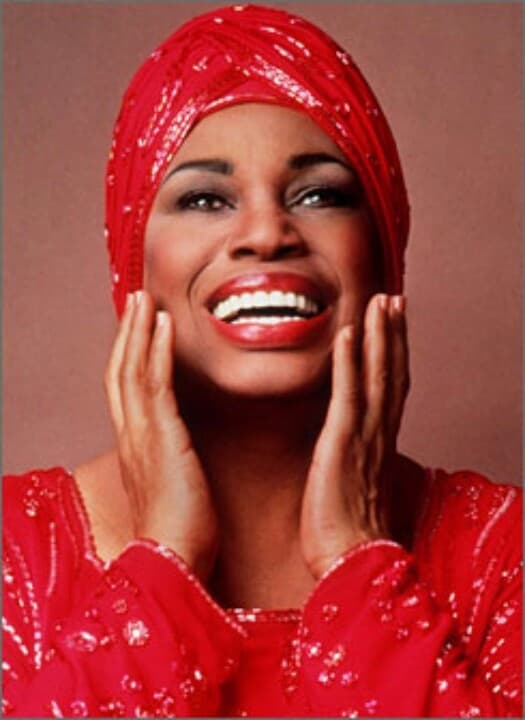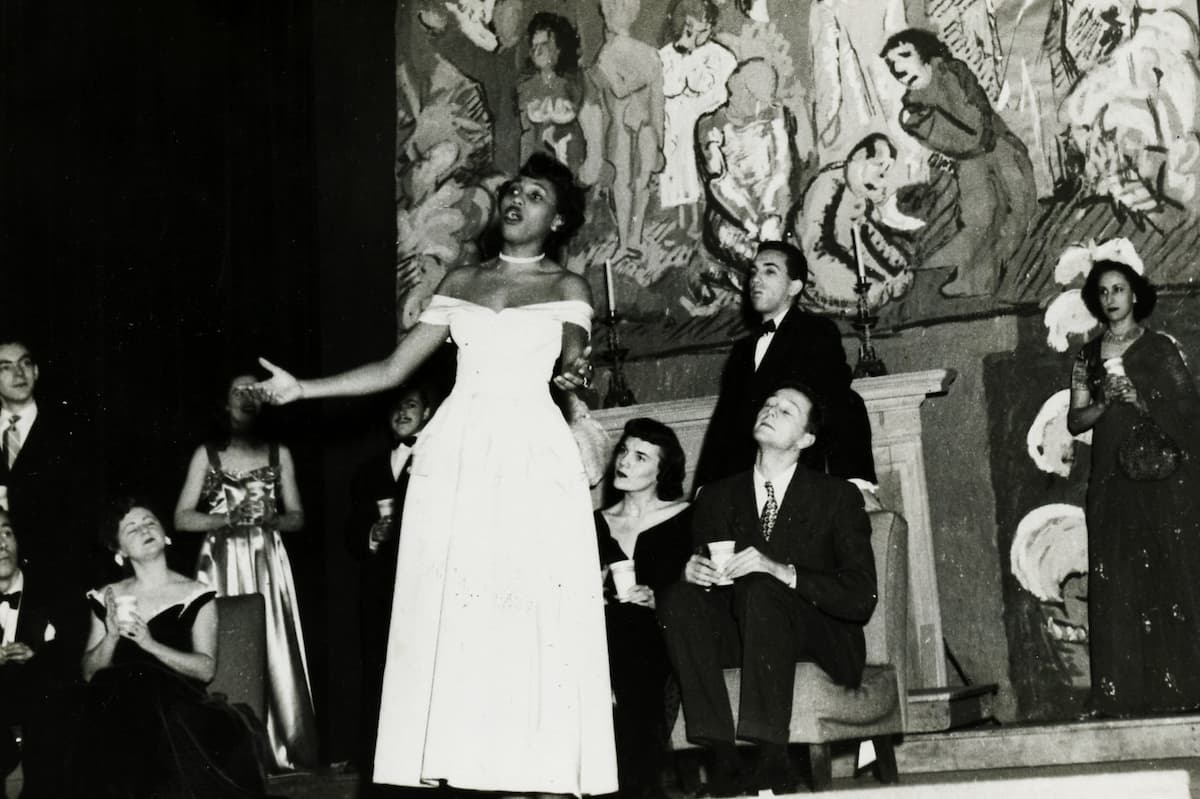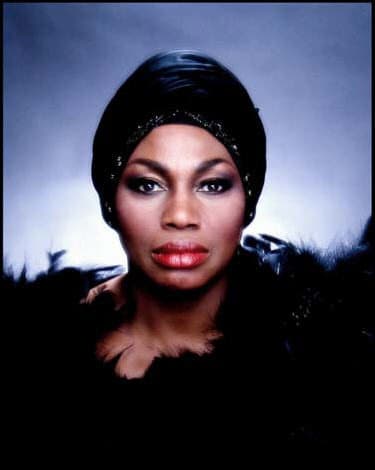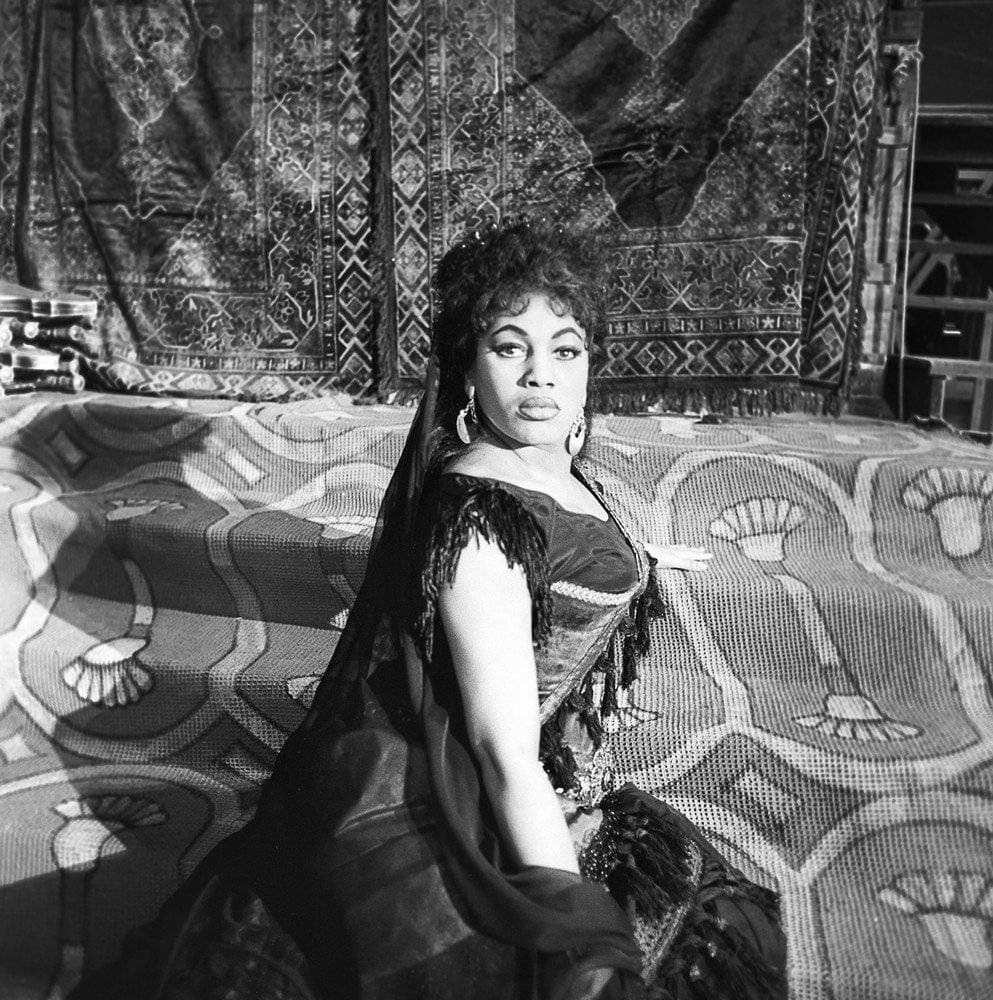Leontyne Price, born on 10 February 1927 in Laurel, Mississippi, was the first African American superstar in the world of music. Growing up in the segregated South, Price was a true lirico-spinto soprano, noted for her subtle musical interpretations and a clean, full, and dusky tone. Price received 13 Grammy Awards for operatic and song recitals and full operas, as well as the Presidential Medal of Freedom.
Leontyne Price Sings Verdi’s La Forza del Destino, “Pace pace mio Dio”
In the Beginning
Mary Violet Leontyne Price was born to James Anthony Price, a sawmill worker and Katherine Baker Price, a midwife. Katherine was an amateur singer who sang in her church choir, and her father played tuba in the church band. Leontyne grew up in a deeply religious family and surrounded by music.

Leontyne Price
Her musical talent was discovered at an early age and Leontyne started taking piano lessons on a toy piano at the age of three and a half. Two years later, Leontyne finally received an upright piano as her parents had traded in the family phonograph as a down payment.
George Gershwin: Porgy and Bess, Act I: Summertime (Leontyne Price, soprano; David Garvey, piano)
Marian Anderson
Leontyne’s aunt Everlina Greer was working as a laundress at the home of the wealthy Chisholm family. The Chisholm’s had children almost the same age as Leontyne, and they strongly encouraged Leontyne’s musical activities, asking the young girl to sing at parties.

Leontyne Price, 1951
A school trip to Jackson, Mississippi, at the age of 9 forever changed Leontyne’s life. She heard Marian Anderson sing a recital, which was her first significant exposure to classical music. As she later remembered, “The whole aura of the occasion had a tremendous effect on me, particularly the singer’s dignity and, of course, her voice.”
Leontyne Price Sings Puccini’s A Rondine, “Chi il bel sogno di Doretta”
Schooling
Price attended Oak Park Vocational High School in Laurel where she graduated as salutatorian. She earned extra money doing what she did best, singing. She sang for civic functions as well as funerals. At the age of 17, Leontyne won a scholarship to study music education in Wilberforce, Ohio, at Central State University, a historically black college.

In her third year of study, the University president heard her sing in the college’s glee club, and urged her to change her major to voice. Leontyne had dreams of studying at Julliard, but the cost of attending was really too high. As such, classmates and teachers hosted a benefit concert to raise the funds, with the Chisholm family also providing financial support.
Vincenzo Bellini: Norma (excerpts) (Leontyne Price, soprano; Boris Martinovich, bass; Ambrosian Opera Chorus; Philharmonia; Henry Lewis, cond.)
New York
Moving to New York City was a big change for Leontyne. The biggest chance, however, was in the music she studied. Until then she had primarily sung popular songs and religious music. However, when she heard opera at the Metropolitan, she knew that she wanted to become an opera singer.

Leontyne Price in Aida
Her teacher Florence Kimball knew right away that her new student had incredible talent. Leontyne joined Juilliard’s Opera Workshop, and in 1952 she performed as Mistress Ford in a school production of Verdi’s Falstaff. When Virgil Thomson heard a performance he cast her for a revival of his opera Four Saints in Three Acts, which immediately led to her to be engaged as Bess in a new production of Gershwin’s opera. In 1955, Leontyne sang the title role in Puccini’s Tosca for NBC television, and the rest is history.
Leontyne Price Sings Ave Maria
Legacy
Price became a star about the time the civil right movement was gradually opening doors for African-American artists in a number of different fields. Leontyne was a star right from the beginning, sporting a remarkable voice “and a certain regal ferocity which could also fit in considerable tenderness.”
As a colleague wrote, “Leontyne is still a role model for many singers. She is the level of performance to which we aspire. That artistic output over all those years, that’s what we’d all like to do. And I hope that at this point in her life, that she’s able to understand and appreciate the amazing artistic life that she shared with the world.”
For more of the best in classical music, sign up for our E-Newsletter
